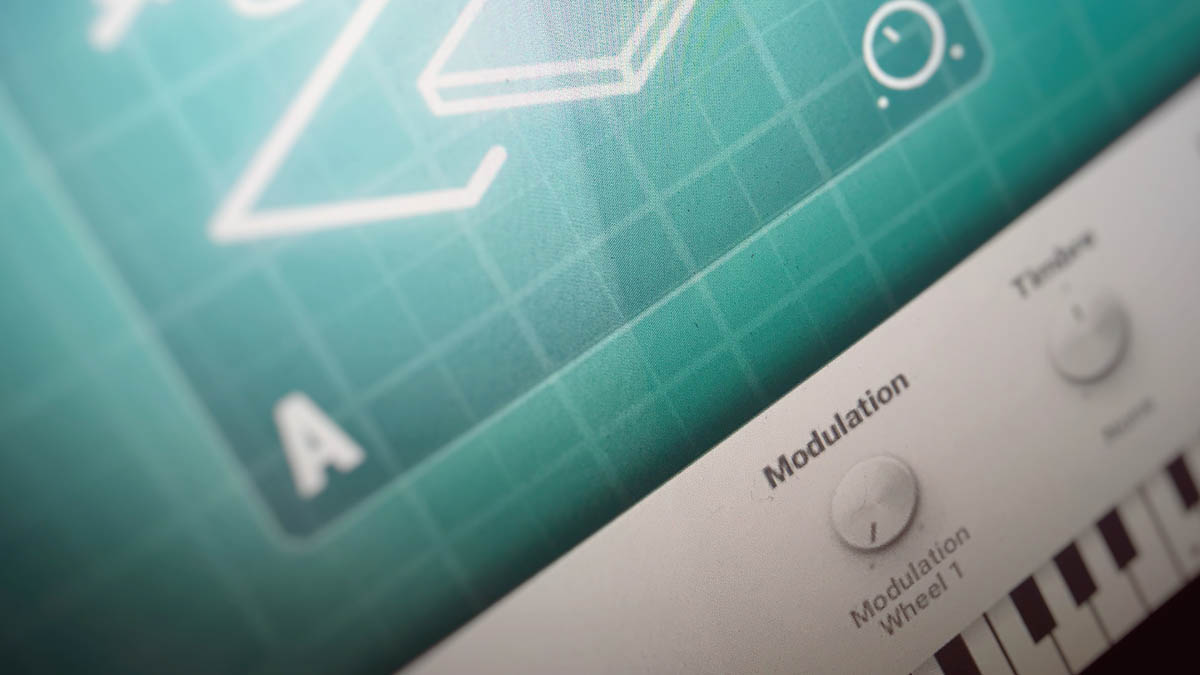MusicRadar Verdict
Chromaphone gets even deeper and more versatile, expanding its sonic range without taxing the mind.
Pros
- +
Dual layers hugely expand the sonic depth and versatility.
- +
Macros brilliantly linked to groups of parameters.
- +
Loads of sounds straight out of the box.
Cons
- -
Home tab isn’t useful.
MusicRadar's got your back
What is it?
The previous version of Chromaphone was one of the most realistic-sounding – and one of the most downright fun – plugins I’ve ever played with, so what could possibly be added for a new version?
While most of Chromaphone’s basic mechanics remain unchanged from version 2, the headline addition for version 3 is the duplication of resonator pairs.
Previously, you could mix and match two resonators from a choice of nine (String, Beam, Drumhead, Marimba, Membrane, Plate, Closed Tube, Open Tube and Manual), and couple them acoustically to create a wide variety of instruments.
There are no new resonator choices, but doubling this into two layers of acoustic pairs increases the possibilities exponentially.
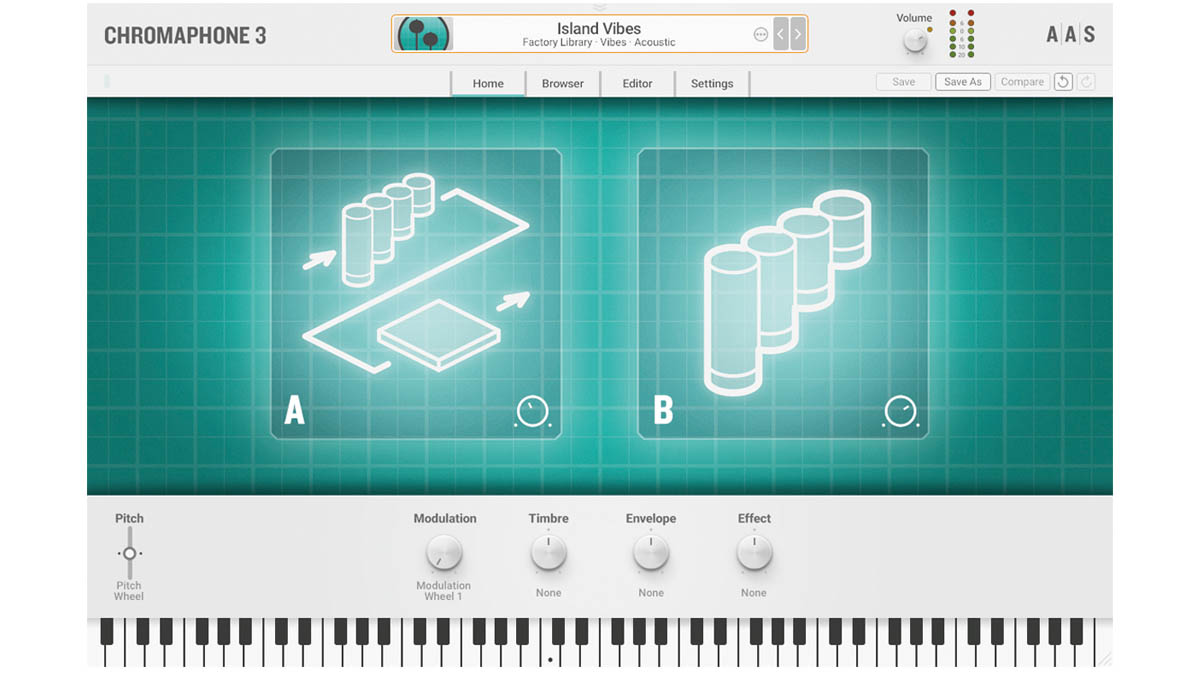
Performance and verdict
There’s a new Home tab, which presents your two resonator pairs along with gain controls for each and four macros, but not much more. It’s presentable, but it doesn’t add much functionality, and most people will head immediately for the Browser or Edit page.
The sound quality in version 3 is brilliant. While version 2 patches excelled at single sounds, version 3’s sonic larder is packed with deeper flavours
The Browser lets you explore Chromaphone 3’s 421 new presets, as well as ‘remastered’ Chromaphone 2 patches. All are tagged by Pack, Sound, Category and Creator to make it easier to find what you’re looking for.
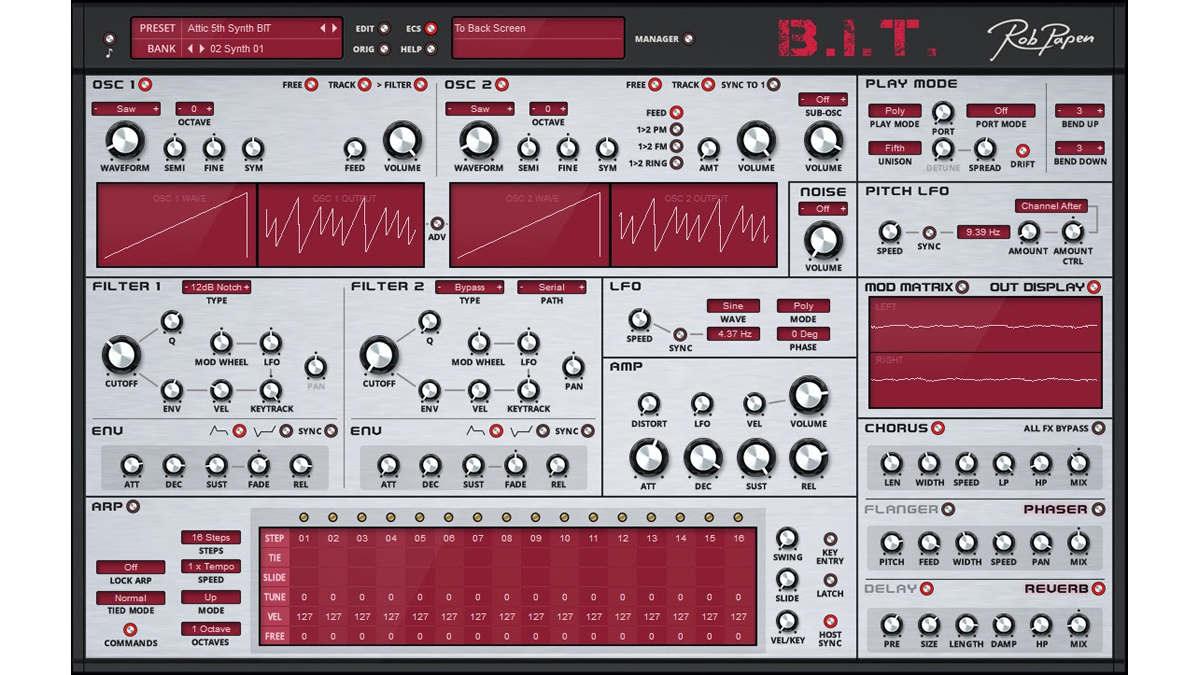
• Rob Papen B.I.T.
Rob Papen’s most bread-and-butter synth yet sounds the business and holds its own sonically against pricier competitors.
• Madrona Labs Kaivo
Kaivo is truly inspiring to use, sounds wonderful and does things that no other synth can. Innovative, edgy and awesome.
The sound quality in version 3 is brilliant. While version 2 patches excelled at single sounds – a great marimba or a realistic-sounding drum – version 3’s sonic larder is packed with deeper flavours thanks to the additional ‘layer’: an arpeggiated mallet line on top of a sustained, scraping drone; or a pluck firing off at the same time as a vibraphone ‘strum’. It’s more complex and tastier than its predecessor.
Want all the hottest music and gear news, reviews, deals, features and more, direct to your inbox? Sign up here.
V3’s macro controls are grouped into Modulation, Timbre, Envelope and Effects categories. While the choices of mod targets are the same for all, the separation in the names keeps you focused on what will help you change particular properties of the patch.
The Editor’s Synth page gives you practically the same control over the physical modelling properties as Chromaphone 2. The only addition is its duplication into the A and B layers. What’s more significant about the dual layers is their impact on Chromaphone’s effects offering.
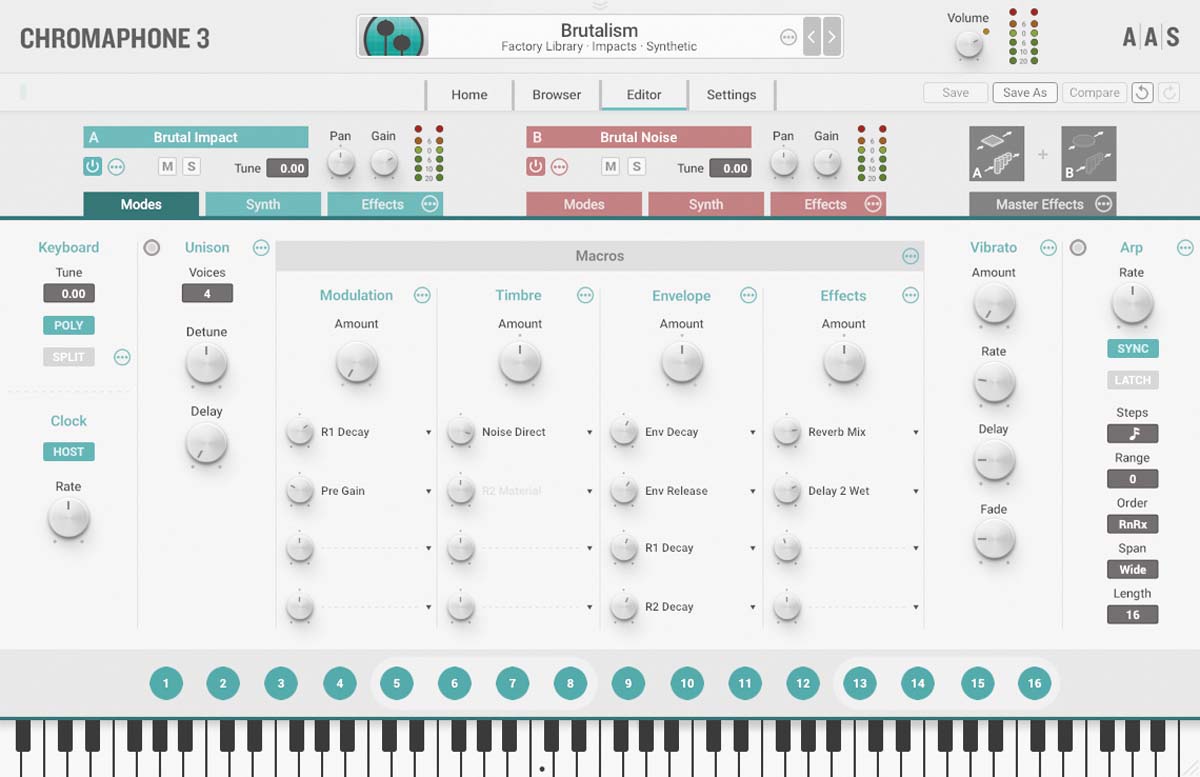
There’s now an individual effects setup for each layer, plus a third effects chain for the master. It’s probably overkill for anyone but the most serious tweaker, but it’s hidden enough to go unnoticed if that sounds like a bridge too far for you.
When you scrutinise it, Chromaphone 3 hasn’t had that many updates, but the things that have changed are fully worthwhile. Extra layers, extra sounds, extra effects and extra modulation truly elevate this ‘object synthesiser’ above the status of mere object – it’s a versatile, top-quality, real instrument.
MusicRadar verdict: Chromaphone gets even deeper and more versatile, expanding its sonic range without taxing the mind.
Hands-on demos
Synth Anatomy
Applied Acoustics Systems
Specifications
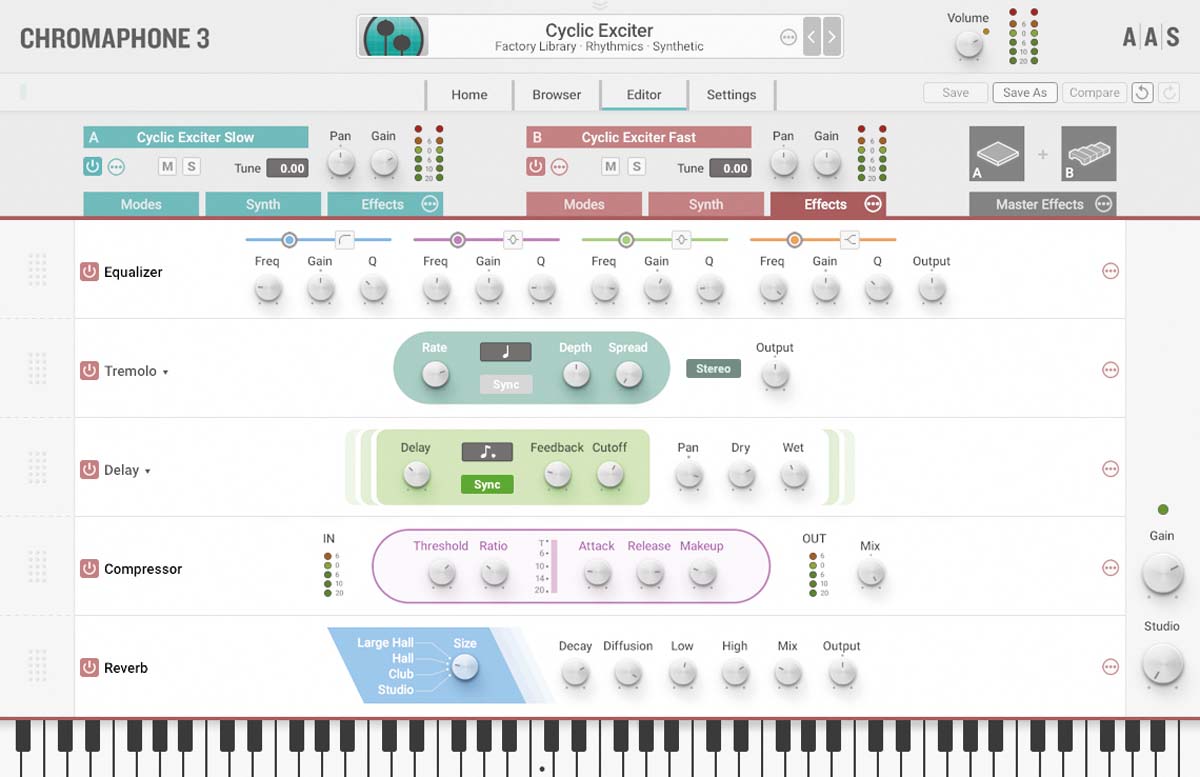
- KEY FEATURES: Two layers of two modelled resonators, categorised browser, new and ‘remastered’ patches, effects racks for both sound layers and master, macros governing modulation, timbre, envelope and effects properties together
- CONTACT: Applied Acoustic Systems

A former Production Editor of Computer Music and FutureMusic magazines, James has gone on to be a freelance writer and reviewer of music software since 2018, and has also written for many of the biggest brands in music software. His specialties include mixing techniques, DAWs, acoustics and audio analysis, as well as an overall knowledge of the music software industry.
